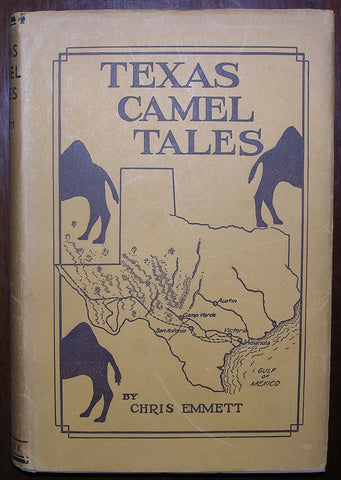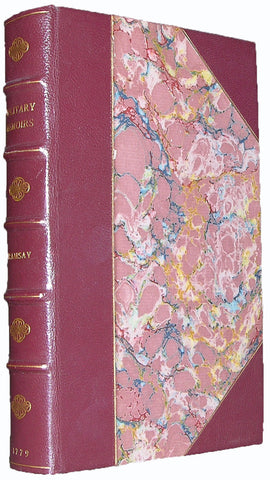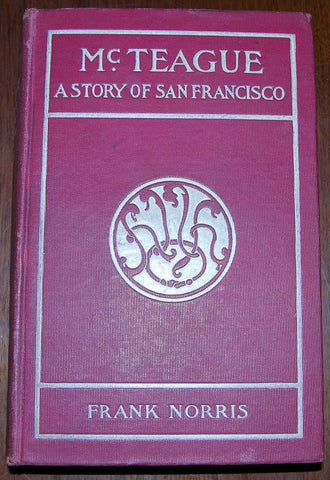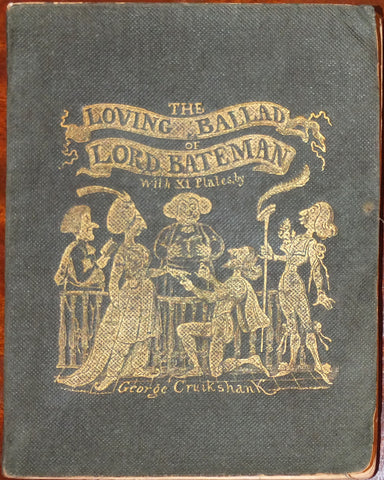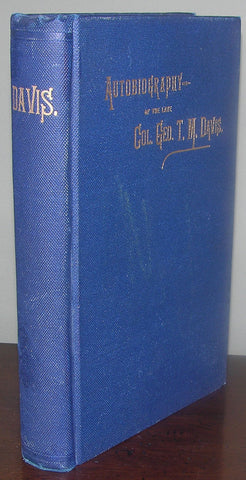Christopher Sauer/Sower II (1721-1784). Ein Einfaltiges Reim-Gedicht. [Probably Germantown: Gedruckt bey Leibert und Billmeyer, 1784]
Christopher Sauer/Sower II (1721-1784)
Ein Einfaltiges Reim-Gedicht
[Probably Germantown: Gedruckt bey Leibert und Billmeyer, 1784]
Single sheet, folded to make 4 pages (7 x 4 2/8 inches), printed on each side, woodcut head-piece, uncut (old horizontal fold).
Provenance: one or two early manuscript annotations.
A rare Philadelphia imprint. In thirteen numbered stanzas of eight lines each, probably printed upon Sauer/Sower's death in 1784 by Leibert and Billmeyer, Sauer/Sower's business successors in Germantown.
The Sauers, pere et fils, were influential in the German community of Pennsylvania. They arrived in America in 1724, but in 1730 Sauer's wife left him to with the ex-Brethren mystical Conrad Beissel and his community. He had convinced her that "marriage tarnishes the clear crystal of the soul's purity". She lived at Beissel's Ephrata Cloister where, as Prioress, she was known as 'Sister Marcella'. Undeterred Sauer and his son returned to Germantown in April of 1731, where they settled on six and opened a shop. In 1738 Sauer acquired a German printing press from the radical Germany Pietists in Berleburg, and in 1739, printed the "first American book in German type": an 800-page book of hymns for Conrad Beissel, and the first German newspaper in America.
"Like his father, Sower was a printer and publisher. Prior to his father's death in 1758, [Sauer II] was in charge of the bindery and the English language publications at the Sower establishment. After he inherited the business, he followed and expanded his father's basic policies in publishing the newspaper, almanacs, and religious materials, including a Schwenkfelder hymnal of 760 pages (1762), a second edition of the Lutheran and Reformed Marburg Hymn Book of 528 pages (1762), and a second (1763) and third (1776) edition of the German language Bible that his father first printed in 1743. In 1770, he published 'Eine Einfältige und gründlich abgefasste Schul-Ordnung', by the well-known Mennonite schoolmaster Christopher Dock whose school he had attended as a youth. In order to ensure an adequate supply of paper, he built a paper mill on the Schuylkill River in 1773. These achievements made Sower one of the wealthiest men in British America"
We Also Recommend

![Christopher Sauer/Sower II (1721-1784). Ein Einfaltiges Reim-Gedicht. [Probably Germantown: Gedruckt bey Leibert und Billmeyer, 1784]](http://aradergalleries.com/cdn/shop/products/DSCF4503_large.jpg?v=1544478572)
![Christopher Sauer/Sower II (1721-1784). Ein Einfaltiges Reim-Gedicht. [Probably Germantown: Gedruckt bey Leibert und Billmeyer, 1784]](http://aradergalleries.com/cdn/shop/products/DSCF4503_compact.jpg?v=1544478572)
![Christopher Sauer/Sower II (1721-1784). Ein Einfaltiges Reim-Gedicht. [Probably Germantown: Gedruckt bey Leibert und Billmeyer, 1784]](http://aradergalleries.com/cdn/shop/products/DSCF4504_compact.jpg?v=1544478574)
![Christopher Sauer/Sower II (1721-1784). Ein Einfaltiges Reim-Gedicht. [Probably Germantown: Gedruckt bey Leibert und Billmeyer, 1784]](http://aradergalleries.com/cdn/shop/products/DSCF4505_compact.jpg?v=1544478576)
